Advertisement

1. A major mistake that married couples make is looking at their Social Security as an independent decision for each spouse. Married couples should strategize their filing to maximize their protection if one spouse predeceases the other. This is usually accomplished by waiting as long as possible for the higher earning spouse to file for social security. Remember, if one spouse dies the survivor generally only receives the highest payment of each of them. — Daniel L. Granucci, CFP, Iron Path Wealth Management, Newtown, Connecticut
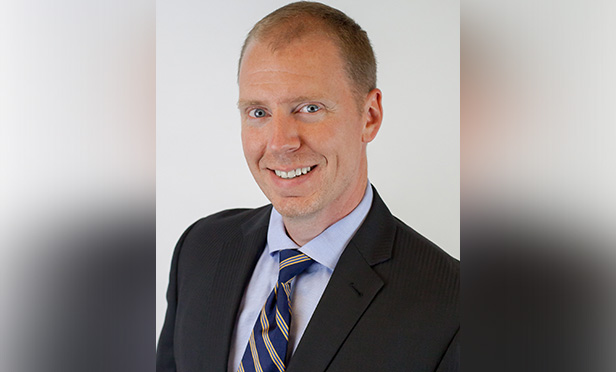
2. A new client had not claimed ex-spousal benefits when she was eligible, and it would have been a larger amount than her own. She said she didn't claim the benefits because she didn't want her ex-husband to know she would be claiming on his record and thus taking benefits away from him. We walked her through the process and when we let her know this would lead to an increased benefit for her, it would not lower his benefits and he would have no idea that she filed this claim, she decided to move ahead with it. — Shawn P. Gallagher, CFP, Frisch Financial Group, Melville, New York
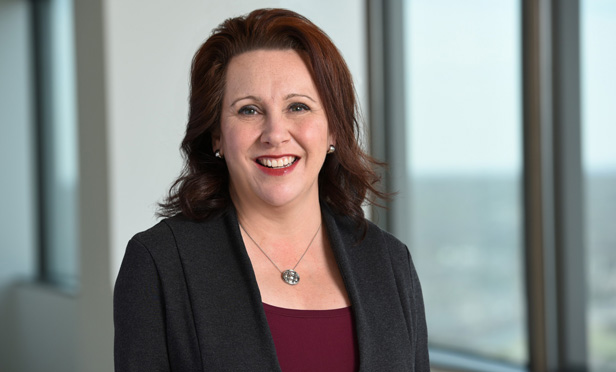
3. A client did not realize that she could claim on her ex-husband's benefit to receive spousal income while deferring her own until 70 even though they were divorced. There are a number of rules surrounding spousal benefits after divorce including being married for more than 10 years and divorced for at least 2 years, but it is worth seeing if this would provide a better cash flow. This can be true even if the ex is deferring Social Security. — Jen Grant, CFP, Perryman Financial Advisory, Dallas

4. Hands down it is claiming too early because "they don't want to leave money on the table." — David Mendels, Creative Financial Concepts, New York
Advertisement
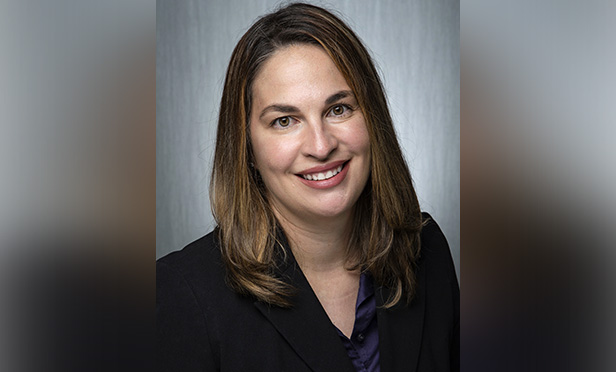
5. Unless you are going to have a significantly shortened lifespan, the biggest mistake is taking your Social Security early and taking a 30% reduction in benefit. Ideally, if you have about over $200K in retirement savings and personal savings, it pays to delay taking Social Security until at least full retirement. — Deborah Badillo, CFP, The Lubitz Financial Group, Miami

6. One of the biggest mistakes is taking their Social Security benefit early and continuing to work or going back to work without being aware of the consequences — a punitive penalty of $1 from your SS benefit for every $2 you earn above the annual limit (currently about $18K). — Brandon W. Garrett, CFP, BentOak Capital, Weatherford, Texas
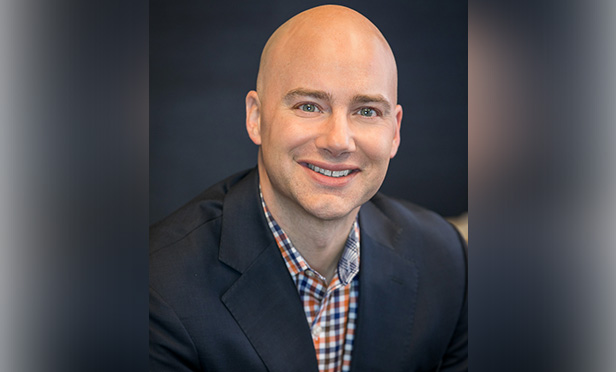
7. Some people claim Social Security early out of fear that the program will be canceled or to use the funds to supplement lifestyle expenses. This can be a mistake because the Social Security benefits are permanently reduced by claiming early. If someone has a long life in retirement that permanent reduction can harm them or their surviving spouse. — Eric Walters, CFP, Summit Hill Wealth Management, Greenwood Village, Colorado
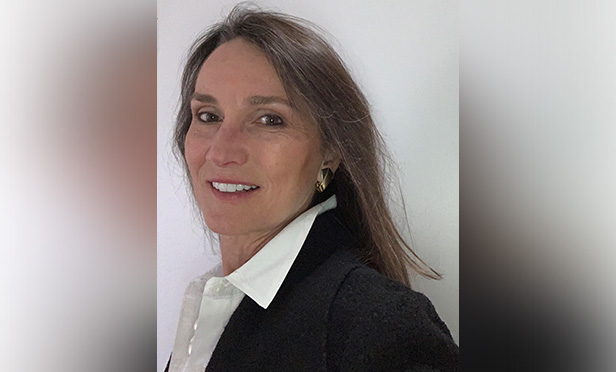
8. European husband and American wife clients were living and working abroad when they decided to move to the U.S. The husband was about 12 years from retirement, and the wife had 25 years. Their U.S. accountant advised them to allocate 100% of their self-employment earnings to the wife to maximize benefits. When the husband turned 65, he did not qualify for Social Security or for Medicare Part A because he did not have 40 quarters of earnings in his name. If they had allocated a mere $4,000/year of income to the husband, they would have a small income and would not be paying $76,000 for Part A until spousal benefits kick in when the wife turns 62. — Theresa Morrison, CFP, Beckett Collective, Tucson, Arizona
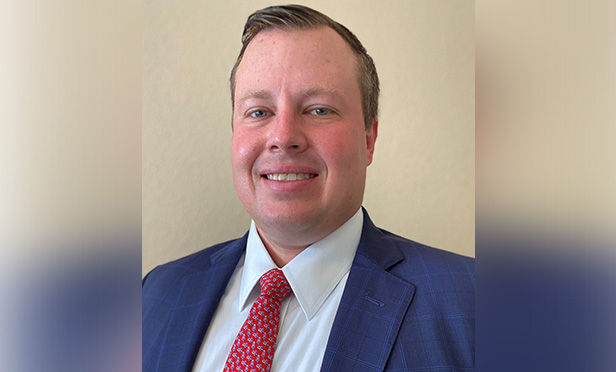
9. The biggest mistake clients make is not looking at their benefits relative to their entire financial plan. ... Some clients want benefits as soon as possible while other clients want to delay for a higher benefit. However, looking at the decision in the context of a client's overall portfolio, other retirement benefits, and goals should be the guiding factor on when to claim their benefits. Not just trying to get money sooner or a larger benefit later. — Brett Fry, CFP, Forteris Wealth Management, Dallas
Advertisement
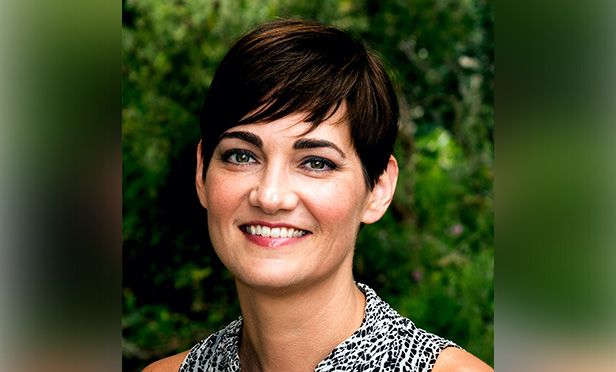
10. Not applying until age 75! A tenured university professor, he never thought about SS until he started thinking about retirement at 75. He was intelligent and wise, but not very interested or educated about money. He missed out on hundreds of thousands of dollars. — Gretchen Behnke, CFP, Pearl Financial Planning, Plano, Texas
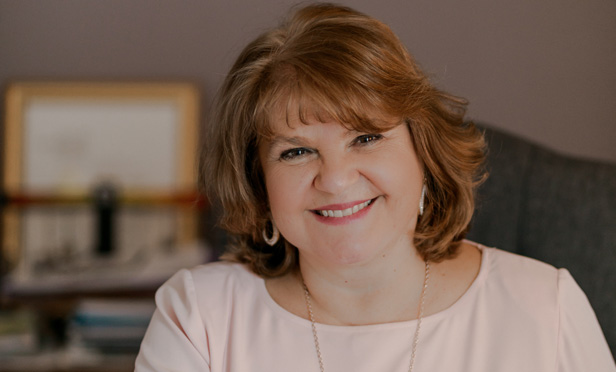
11. One of the biggest mistakes is getting remarried! Individuals who are divorced are allowed to take half of their ex-spouse's Social Security when they reach full retirement age (currently 66-67.) So an individual might choose to take half the ex-spouse's Social Security from ages 67 to 70, then collect their own, if higher, at 70. If they remarry, say at age 60, they lose this right, which is fine if they marry someone who made a higher lifetime income, not so much if they marry someone with a much lower benefit. — Nadine Marie Burns, CFP, A New Path Financial, Ann Arbor, Michigan
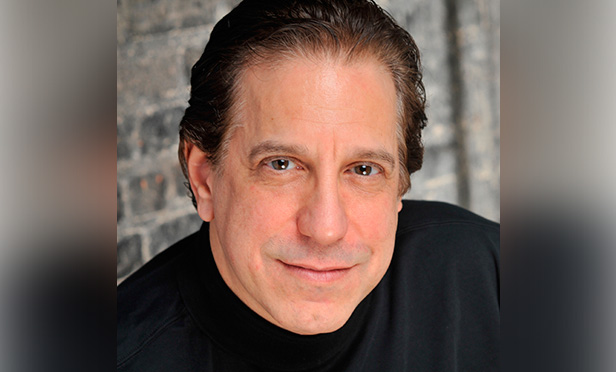
12. Not taking benefits at full retirement age. Sure, you get a higher benefit if you wait, but you miss all those payments while you are waiting. Sure, there are so-called "break-even" analyses, but they all ignore the greatest threat to our future financial security — Congress! Originally, we were told 0% of the benefits would be taxed. Now 85% is taxed. Anyone doubt that they will soon tax 100%? What about the benefit formula? We don't own that money; they can change anything they want at any time. Full retirement age — take the money and run. If you don't need it, save it. — Robert Braglia, CFP, American Financial & Tax Strategies Inc., New York

13. The biggest mistake is failing to create the secure login to access the personal Social Security account. Everyone should do this — even if you are decades away from retirement — to prevent identity theft and keep track of your earnings history. Registering for a Social Security account prevents someone else from creating an account in your name and gaining access to your personal information. — Cynthia Meyer, CFP, Real Life Planning, Gladstone, New Jersey
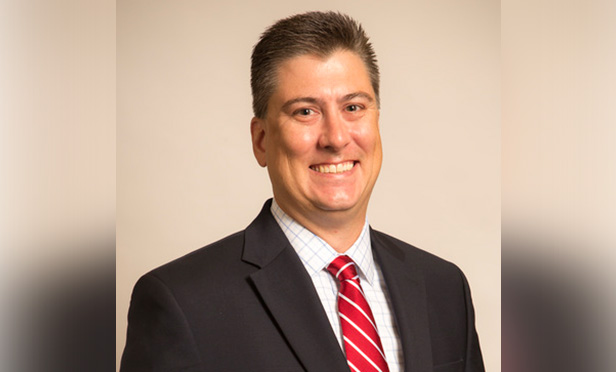
14. A client that turned 62 filed for Social Security and started receiving benefits immediately. The following year — as we did the tax return — we found out about it. The client never knew there was an earning limit (made in excess of $100k), so even though the client was doing it because of a cash flow issue (spending too much), the client compounded the problem the following year.
Biggest mistake — If you are going to have a financial advisor, talk with your financial advisor about important financial and retirement decisions. — Robert E. Schultz, CFP, Rollins Financial, Atlanta
Biggest mistake — If you are going to have a financial advisor, talk with your financial advisor about important financial and retirement decisions. — Robert E. Schultz, CFP, Rollins Financial, Atlanta
Advertisement

1. A major mistake that married couples make is looking at their Social Security as an independent decision for each spouse. Married couples should strategize their filing to maximize their protection if one spouse predeceases the other. This is usually accomplished by waiting as long as possible for the higher earning spouse to file for social security. Remember, if one spouse dies the survivor generally only receives the highest payment of each of them. — Daniel L. Granucci, CFP, Iron Path Wealth Management, Newtown, Connecticut

2. A new client had not claimed ex-spousal benefits when she was eligible, and it would have been a larger amount than her own. She said she didn't claim the benefits because she didn't want her ex-husband to know she would be claiming on his record and thus taking benefits away from him. We walked her through the process and when we let her know this would lead to an increased benefit for her, it would not lower his benefits and he would have no idea that she filed this claim, she decided to move ahead with it. — Shawn P. Gallagher, CFP, Frisch Financial Group, Melville, New York

3. A client did not realize that she could claim on her ex-husband's benefit to receive spousal income while deferring her own until 70 even though they were divorced. There are a number of rules surrounding spousal benefits after divorce including being married for more than 10 years and divorced for at least 2 years, but it is worth seeing if this would provide a better cash flow. This can be true even if the ex is deferring Social Security. — Jen Grant, CFP, Perryman Financial Advisory, Dallas

4. Hands down it is claiming too early because "they don't want to leave money on the table." — David Mendels, Creative Financial Concepts, New York
Advertisement

5. Unless you are going to have a significantly shortened lifespan, the biggest mistake is taking your Social Security early and taking a 30% reduction in benefit. Ideally, if you have about over $200K in retirement savings and personal savings, it pays to delay taking Social Security until at least full retirement. — Deborah Badillo, CFP, The Lubitz Financial Group, Miami

6. One of the biggest mistakes is taking their Social Security benefit early and continuing to work or going back to work without being aware of the consequences — a punitive penalty of $1 from your SS benefit for every $2 you earn above the annual limit (currently about $18K). — Brandon W. Garrett, CFP, BentOak Capital, Weatherford, Texas

7. Some people claim Social Security early out of fear that the program will be canceled or to use the funds to supplement lifestyle expenses. This can be a mistake because the Social Security benefits are permanently reduced by claiming early. If someone has a long life in retirement that permanent reduction can harm them or their surviving spouse. — Eric Walters, CFP, Summit Hill Wealth Management, Greenwood Village, Colorado

8. European husband and American wife clients were living and working abroad when they decided to move to the U.S. The husband was about 12 years from retirement, and the wife had 25 years. Their U.S. accountant advised them to allocate 100% of their self-employment earnings to the wife to maximize benefits. When the husband turned 65, he did not qualify for Social Security or for Medicare Part A because he did not have 40 quarters of earnings in his name. If they had allocated a mere $4,000/year of income to the husband, they would have a small income and would not be paying $76,000 for Part A until spousal benefits kick in when the wife turns 62. — Theresa Morrison, CFP, Beckett Collective, Tucson, Arizona

9. The biggest mistake clients make is not looking at their benefits relative to their entire financial plan. ... Some clients want benefits as soon as possible while other clients want to delay for a higher benefit. However, looking at the decision in the context of a client's overall portfolio, other retirement benefits, and goals should be the guiding factor on when to claim their benefits. Not just trying to get money sooner or a larger benefit later. — Brett Fry, CFP, Forteris Wealth Management, Dallas
Advertisement

10. Not applying until age 75! A tenured university professor, he never thought about SS until he started thinking about retirement at 75. He was intelligent and wise, but not very interested or educated about money. He missed out on hundreds of thousands of dollars. — Gretchen Behnke, CFP, Pearl Financial Planning, Plano, Texas

11. One of the biggest mistakes is getting remarried! Individuals who are divorced are allowed to take half of their ex-spouse's Social Security when they reach full retirement age (currently 66-67.) So an individual might choose to take half the ex-spouse's Social Security from ages 67 to 70, then collect their own, if higher, at 70. If they remarry, say at age 60, they lose this right, which is fine if they marry someone who made a higher lifetime income, not so much if they marry someone with a much lower benefit. — Nadine Marie Burns, CFP, A New Path Financial, Ann Arbor, Michigan

12. Not taking benefits at full retirement age. Sure, you get a higher benefit if you wait, but you miss all those payments while you are waiting. Sure, there are so-called "break-even" analyses, but they all ignore the greatest threat to our future financial security — Congress! Originally, we were told 0% of the benefits would be taxed. Now 85% is taxed. Anyone doubt that they will soon tax 100%? What about the benefit formula? We don't own that money; they can change anything they want at any time. Full retirement age — take the money and run. If you don't need it, save it. — Robert Braglia, CFP, American Financial & Tax Strategies Inc., New York

13. The biggest mistake is failing to create the secure login to access the personal Social Security account. Everyone should do this — even if you are decades away from retirement — to prevent identity theft and keep track of your earnings history. Registering for a Social Security account prevents someone else from creating an account in your name and gaining access to your personal information. — Cynthia Meyer, CFP, Real Life Planning, Gladstone, New Jersey

14. A client that turned 62 filed for Social Security and started receiving benefits immediately. The following year — as we did the tax return — we found out about it. The client never knew there was an earning limit (made in excess of $100k), so even though the client was doing it because of a cash flow issue (spending too much), the client compounded the problem the following year.
Biggest mistake — If you are going to have a financial advisor, talk with your financial advisor about important financial and retirement decisions. — Robert E. Schultz, CFP, Rollins Financial, Atlanta
Biggest mistake — If you are going to have a financial advisor, talk with your financial advisor about important financial and retirement decisions. — Robert E. Schultz, CFP, Rollins Financial, Atlanta
Advertisement
More than a quarter of Americans have no retirement savings or pensions, according to a 2018 Federal Reserve study. That means they'll need to rely on Social Security to fund their retirement, which makes those benefits ultra-important. With that in mind, we asked advisors through the Financial Planning Association and XY Planning Network about the biggest mistakes they've seen clients make regarding Social Security. Several mentioned claiming benefits before full retirement age or even age 70 — a decision that results in a lower monthly benefit — but also gave other perspectives on that theme. Others went beyond, pointing out some key errors advisors should make sure their clients don't make. See the gallery above for those mistakes. READ MORE:
NOT FOR REPRINT
© Touchpoint Markets, All Rights Reserved. Request academic re-use from www.copyright.com. All other uses, submit a request to [email protected]. For more inforrmation visit Asset & Logo Licensing.
Ginger Szala

Ginger Szala is executive managing editor of Investment Advisor magazine. She covered the financial business and alternatives industry for 30 years while editor of Futures Magazine Group. MSJ Northwestern, BA University of Wisconsin-Madison. She is based in Chicago. Go Blackhawks!






